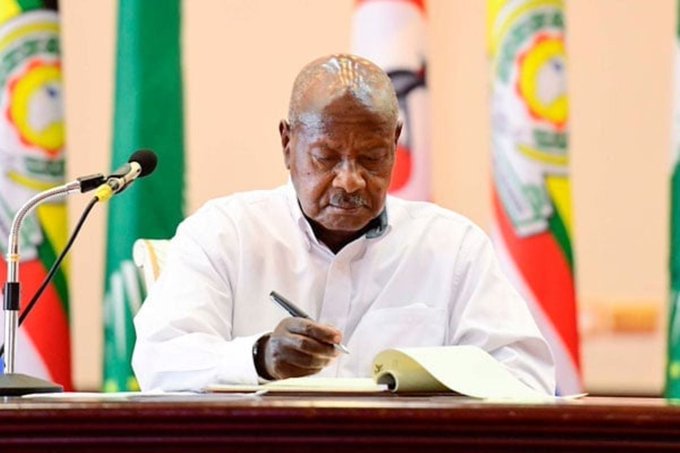Introduction
In a move that has reignited national debate over the balance between security and civil liberties, President Yoweri Museveni has signed the Uganda Peoples’ Defence Forces (UPDF) Amendment Act, 2025 into law. This legislation reinstates the controversial practice of trying civilians in military courts, a system previously declared unconstitutional by Uganda’s Supreme Court earlier in the year.
Background: The Supreme Court Ruling
In January 2025, Uganda’s Supreme Court issued a landmark ruling that declared military courts lacked jurisdiction over civilians, citing violations of the constitutional right to a fair hearing. The court ordered all ongoing military trials of civilians to be transferred to civilian courts, a decision widely celebrated by legal activists and human rights groups. The ruling was based on concerns that military courts, by their nature, do not provide the independence and impartiality required for civilian justice.
The UPDF Amendment Act, 2025
Despite the Supreme Court’s ruling, the government moved swiftly to draft and pass the UPDF Amendment Bill, which Parliament approved on May 20, 2025, amid dramatic scenes and opposition walkouts. President Museveni assented to the Bill on June 13, 2025, officially making it law. The new law allows civilians to be tried in military courts under specific, though vaguely defined, “exceptional circumstances.” These include offenses such as unlawful possession of military weapons, espionage, and acts deemed to threaten UPDF operations or national security.
The law also introduces reforms to the military justice system, including the establishment of a Directorate of Military Prosecutions and new procedures for appeals, but its most contentious provision remains the expanded jurisdiction over civilians.
The Debate: Security Versus Civil Liberties
Government’s Position
The government has defended the law as necessary for national security, arguing that it targets only civilians who engage in military-related offenses, such as acquiring arms, masquerading as militants, or collaborating with military personnel in criminal acts. President Museveni praised Parliament for passing the Bill, warning that failing to do so would have created an “institutional crisis” between the army, legislature, and judiciary.
Opposition and Civil Society Response
Opposition leaders, legal scholars, and human rights defenders have fiercely criticized the law. They argue that it violates constitutional safeguards, undermines judicial independence, and opens the door to politically motivated prosecutions. The process by which the Bill was passed has also come under scrutiny, with accusations of inadequate public consultation and rushed legislative procedures. Opposition MPs, led by Joel Ssenyonyi, staged a walkout, denouncing the process as a “sham” and vowing to challenge the law in court.
Human rights organizations warn that the law erodes civilian protections and enables impunity within the security forces, recalling past abuses where military courts were used to persecute political opponents and dissenters.
Legal and Constitutional Concerns
The new law has been criticized for failing to clearly define what constitutes “exceptional circumstances” under which civilians can be tried by military courts. Legal experts caution that this vagueness could lead to arbitrary and selective prosecutions. The minority report in Parliament argued that the law is a reincarnation of provisions already struck down by the Supreme Court and warned that it sets a dangerous precedent for the rule of law.
What Lies Ahead
Implementation of the UPDF Amendment Act is expected to begin within weeks, unless successfully challenged in the Constitutional Court. Civil society and opposition groups are preparing legal challenges, and the debate over the legitimacy and scope of military courts in Uganda is far from over.
Conclusion
The signing of the UPDF Amendment Act, 2025, marks a significant turning point in Uganda’s legal and political landscape. While the government insists it is a necessary tool for national security, critics see it as a step backward for constitutionalism and human rights. The coming months will be crucial as the law’s implementation is tested in both the courts and the court of public opinion.

